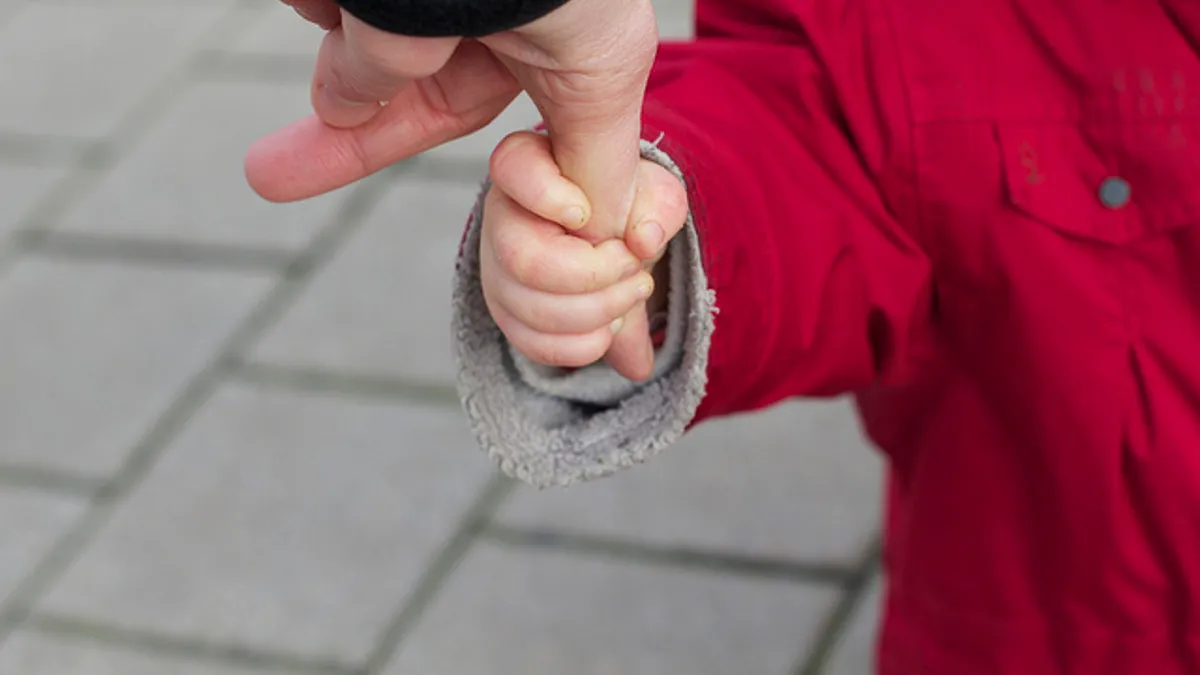Dive Brief:
- A SHRM-Families and Work Institute (FWI) study found that most employers still aren’t offering paid family leave as expected. As high-profile companies like Amazon, Microsoft, Deloitte, Netflex and Johnson & Johnson began offering generous paid family leave benefits, most companies haven’t done the same.
- Since 2005, when statistics on parental and family leave – paid or unpaid – were recorded, the allowed weeks of maternity, paternity, adoption and caregiving leave have gone down, the study shows. Today, maternity leave averages 14 weeks and spouse or partner leave averages 11 weeks.
- The study also noted key changes in work flexibility. The percentage of employers that allow workers time off for family activities without fear of losing pay declined from 87% in 2012 to 81% in 2016. On the positive side, 81% of employers allow workers to come back
Dive Insight:
Ellen Galinsky, FWI’s president and co-founder and an author of the study, said that it remains to be seen whether the big-name companies that decided to offer generous paid parental leave are setting a trend for other employers to follow. While big name companies (especially in tech) may be able to afford such leave, other industries may either not be able to afford it or don't yet see the need for it.
Studies have shown that offering generous paid leave benefits can give employers in edge in recruiting and hiring talent. Although this study shows a decline in maternity, paternity, adoption and other forms of leave, these statistics may indicate a decline in workers taking such leaves because of company cultures that offer but do not truly support employees going on leave.












